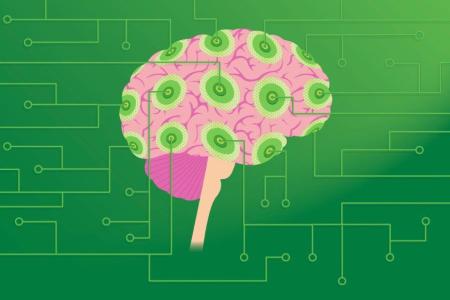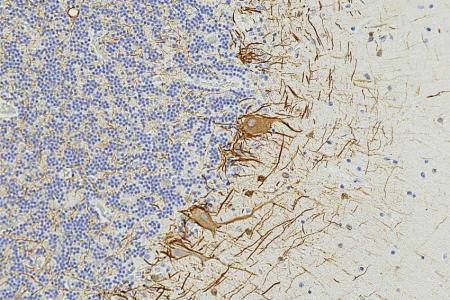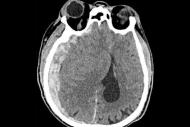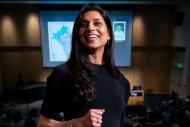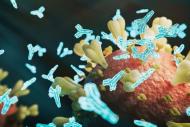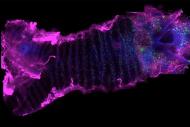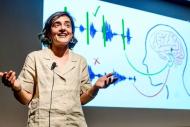People diagnosed today can live a long life free of disability, as UCSF research ushers in a golden age of MS care. A generation ago, a diagnosis of multiple sclerosis was a guarantee of a debilitating disease that would leave the patient wheelchair bound, and worse. Follow UCSF’s role in what some call the golden age of MS research and care.
When their little girl regressed in her developmental milestones, they turned to UCSF Benioff Oakland hospital for answers and pioneering team care. Katie’s Clinic for Rett Syndrome at UCSF Benioff Children’s Hospital Oakland is one of the few U.S. treatment centers and one of only 18 international centers of excellence for the rare disorder. It is one of the first centers to offer the first treatment for the rare genetic disease, helping improve the lives of girls like Emiliana.
Study finds that among Medicare enrollees, being healthier, wealthier, white and female may be associated with risk. Traumatic brain injuries for people over age 65 can raise their risk for dementia, Parkinson's, cardiovascular and psych disease. Contrary to earlier research, the study found that healthy, wealthy white women are at higher risk.
Transcranial magnetic simulation is a noninvasive therapy for patients with depression and obsessive-compulsive disorder. Transcranial magnetic stimulation (TMS) is a noninvasive in-office procedure. Brief magnetic pulses to the brain induces electrical currents that stimulate nerve cells in specific areas of the brain, providing symptom relief for patients with depression and OCD.
This year's Sumner and Hermine Marshall Endowed Last Lecture will be given by Dr. Rupa Lalchandani Tuan. Dr. Tuan will deliver a lecture on the prompt, "If you had but one lecture to give, what would you say?”
UCSF scientists clear a potential path toward earlier treatment for a disease that affects nearly 1,000,000 people in the United States. UCSF scientists have found a set of autoantibodies that emerge in some MS patients years before symptoms.
Scientists at UCSF have identified cells in the throat that sense when fluid is aspirated, or acid is regurgitated. The work could one day help prevent pneumonia and treat chronic cough. When a mouthful of water goes down the wrong pipe – heading toward a healthy person’s lungs instead of their gut – they start coughing uncontrollably. That’s because their upper airway senses the water and quickly signals the brain. The same coughing reflex is set off in people with acid reflux, when acid from the stomach reaches the throat.
Research linking brain inflammation to broken neural “wires” creates a new opening for treating neurological disease. Mild brain inflammation destroys arm-like projections of neurons rather than the neurons themselves, but can still cause significant brain damage.
The next generation of scientists is using artificial intelligence to understand how our minds turn sounds into words. Ten UCSF graduate students presented their research in accessible, 3-minute talks at the 2024 Grad Slam event. This year’s first-place talk was by Ilina Bhaya-Grossman on how our brains make meaning out of groups of vowels, consonants and pauses in our native tongues to recognize words.
Wendell Lim earns $30 million contract from ARPA-H to develop a cellular toolkit for therapies targeting diseases of the brain and lung. UCSF scientists have been awarded more than $30 million to develop “tissue GPS,” a new system using engineered T cells to guide therapies directly to their targets in the brain to treat neurological diseases like cancer, multiple sclerosis and Alzheimer’s.

